Most people these days are aware of the need to conserve water. Businesses understand that they need to cut water usage wherever possible because of the scarcity of water as a resource. However fewer people are aware that reducing water use will also result in a significant reduction of one’s carbon footprint. This is because the amount of energy needed to pump, treat and heat water is substantial.
Water has a very high specific heat capacity, meaning that it absorbs a lot of heat before it gets hot, so it takes a lot of energy to heat and cool it. It is also heavy, so it requires a lot of energy to pump it around. Tap water is treated and pumped around the network before it is supplied to business and this requires substantial amounts of energy. Likewise, sewerage from business has to be taken away and treated before it is put back into the water cycle and this is also an energy intensive process.
So, there is a lot of carbon associated with the water we use and the sewerage we produce. This varies from place to place depending on things like the source of the water, how hilly the supply area is and the scale of the treatment systems however the carbon footprint of water use is substantial. In short, wherever water is moved, heated, cooled, treated or pressurised then energy is needed. The average amount of carbon associated with water and wastewater supplies in the UK is 0.4g CO2e per litre.
At the same time removing water from the natural environment and returning sewage back to the environment has an ecological impact, and this too varies depending on the source of the water, the other stresses on the local water eco-system, and the scale of the catchment compared to the abstractions and discharges.
A comprehensive water management strategy involves making better decisions related to water use at all stages of the cycle and in all areas of the business and can have a significant impact on a business’s carbon footprint. Focusing on water conservation, reuse and efficiency results in lower energy use and a lower carbon footprint as well as protecting valuable water resources.
The Water Retail Company works with businesses to look at the water they use and the sewerage they produce and track these back to identify how they are treated and sourced and thus how they impact the natural environment. This means that we can determine not only the litres of water a business uses but also the CO2e values associated with this water and sewerage, and the ecological impact within specific catchments.
Doing this means that a business can clearly see how water saving will also help reduce CO2e and other ecological impacts, and enables businesses to compare the impacts of individual sites and look at the variation in impacts between water use across their portfolios.
A comprehensive water management strategy will help your business identify ways in which it can effectively cut water use and reduce the costs associated with managing water supply and sewerage. An additional benefit is then the knock on effect on energy use and the associated reduction in carbon footprint. Any business that is serious about reducing its environmental impact should be looking at putting in place a water management strategy. Talk to us today about how we can help you.
Sign up for our free webinar to learn more
How cutting water use will also reduce your energy bills – understanding the water / energy nexus in your organisation.
25 June, 3pm FREE webinar




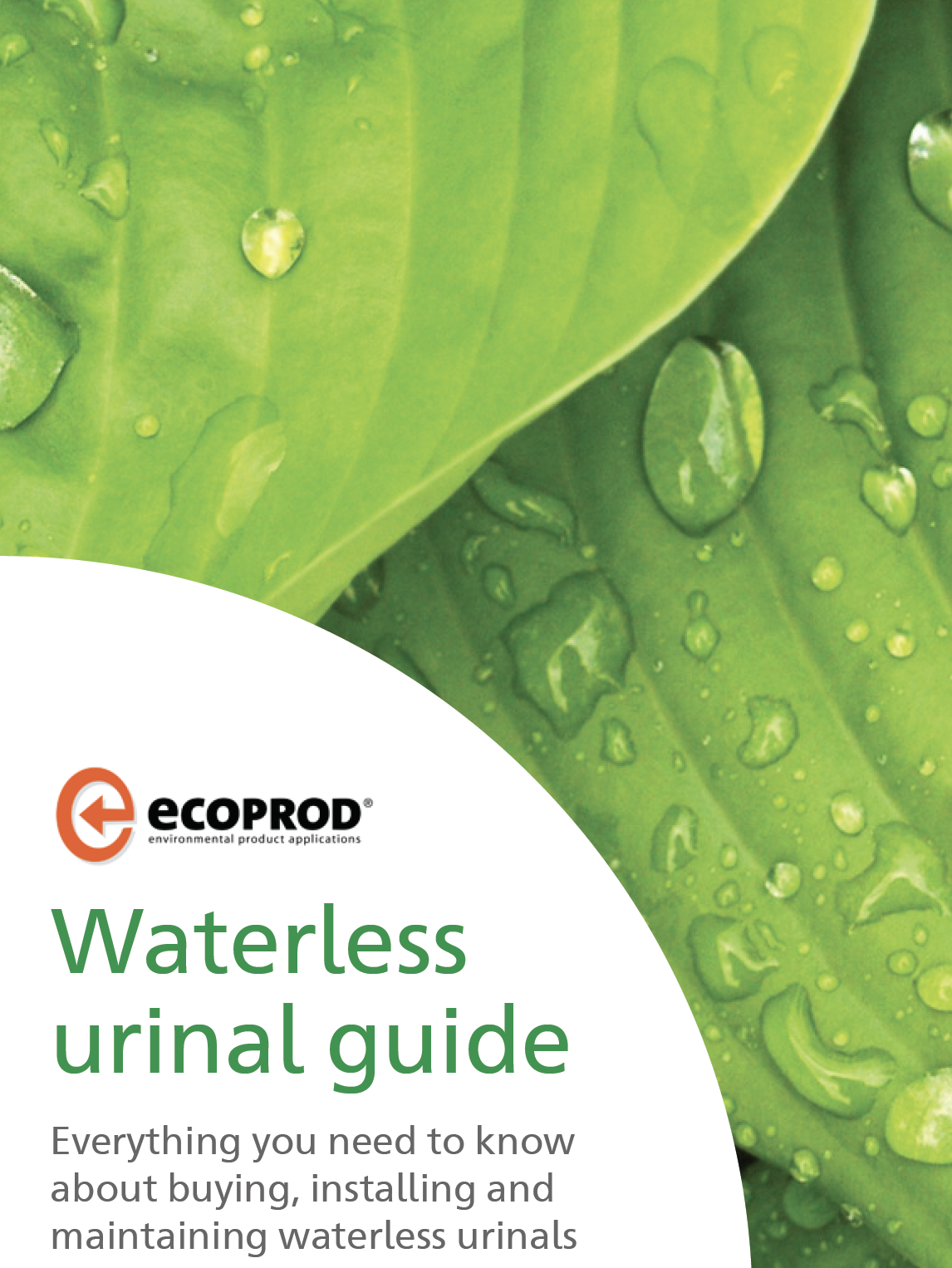
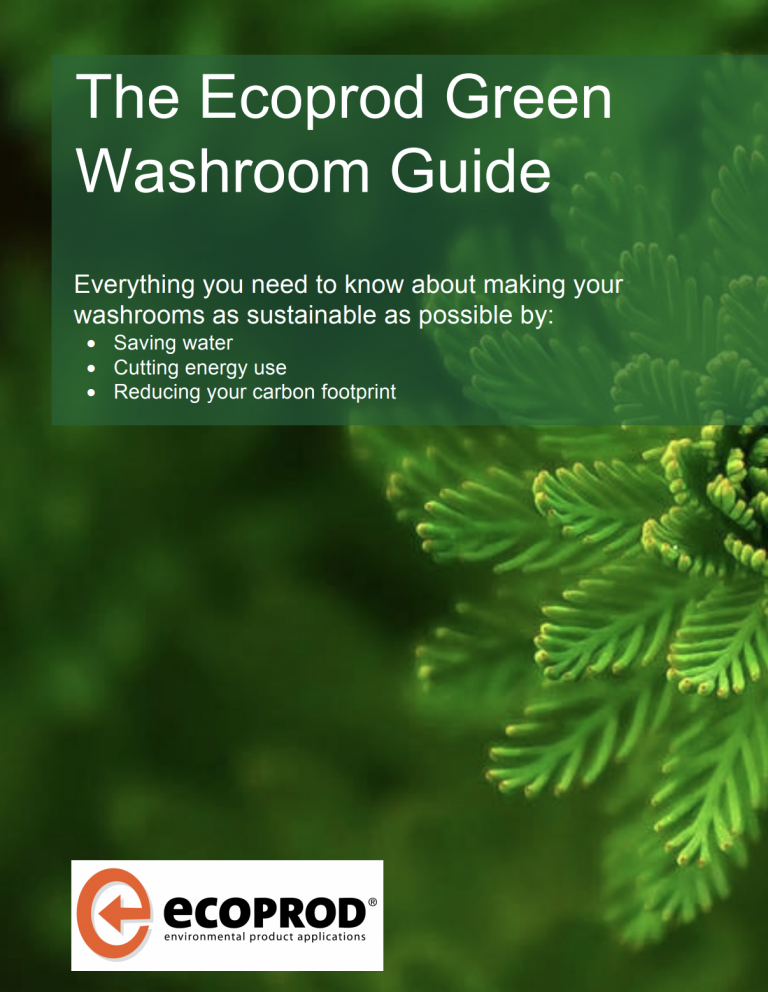

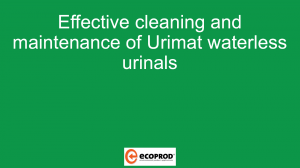





 For the last 8 years Robert Summer – Head of International Sales and Marketing – has developed structured distribution network worldwide for CONTI+ brand. The products offer great benefit for washrooms and shower rooms for public, semi-public and health sector. Today, sustainability, hygiene and smartness are key to CONTI+ solutions. Robert lives the brand and its USPs and loves to support and motivate his team on a daily basis.
For the last 8 years Robert Summer – Head of International Sales and Marketing – has developed structured distribution network worldwide for CONTI+ brand. The products offer great benefit for washrooms and shower rooms for public, semi-public and health sector. Today, sustainability, hygiene and smartness are key to CONTI+ solutions. Robert lives the brand and its USPs and loves to support and motivate his team on a daily basis.




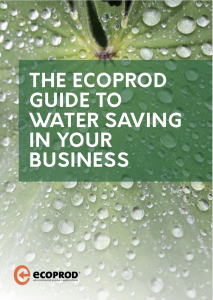
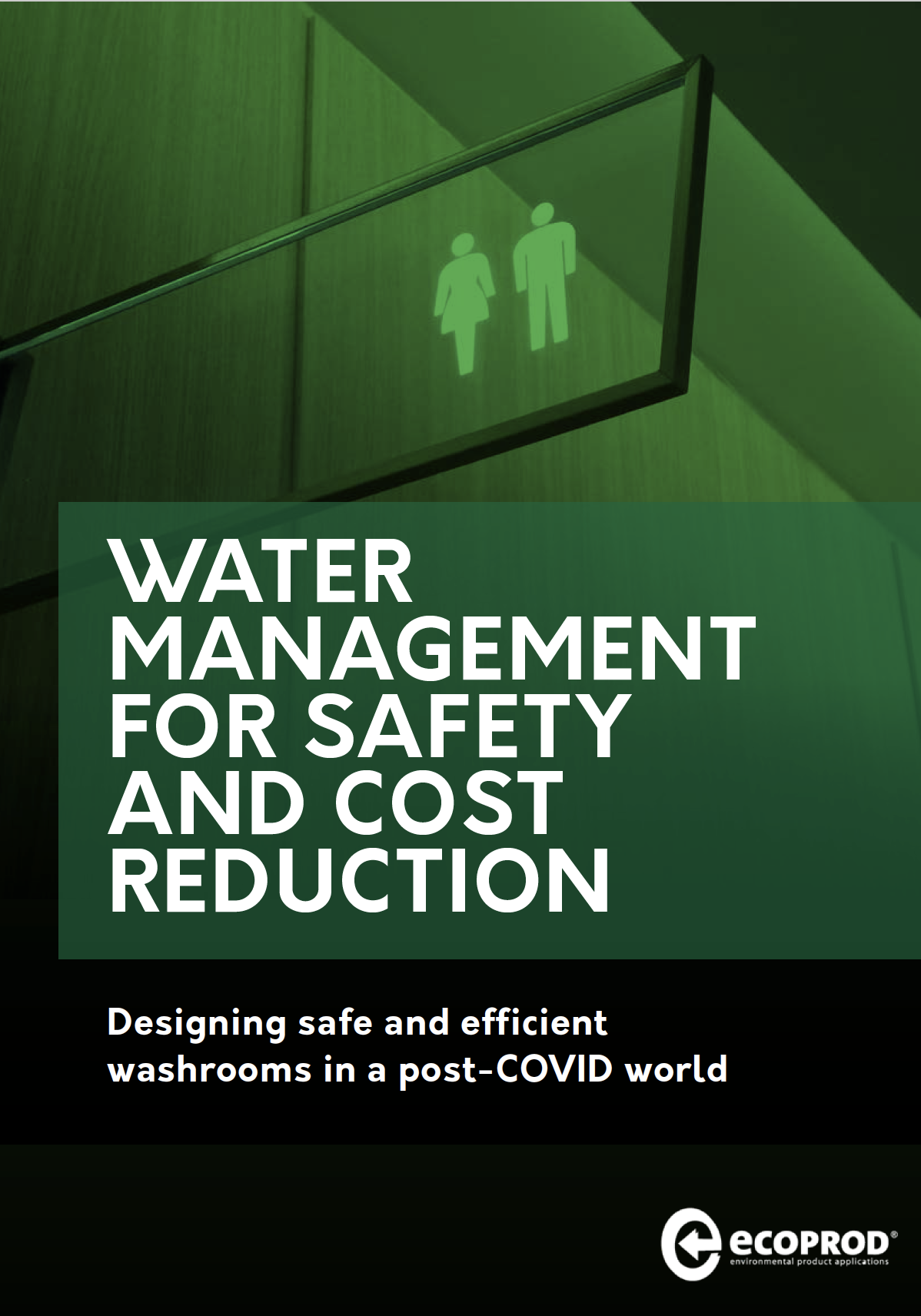


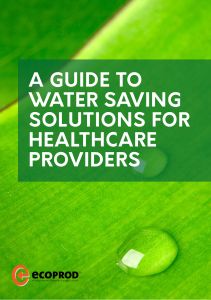
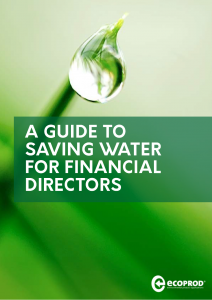
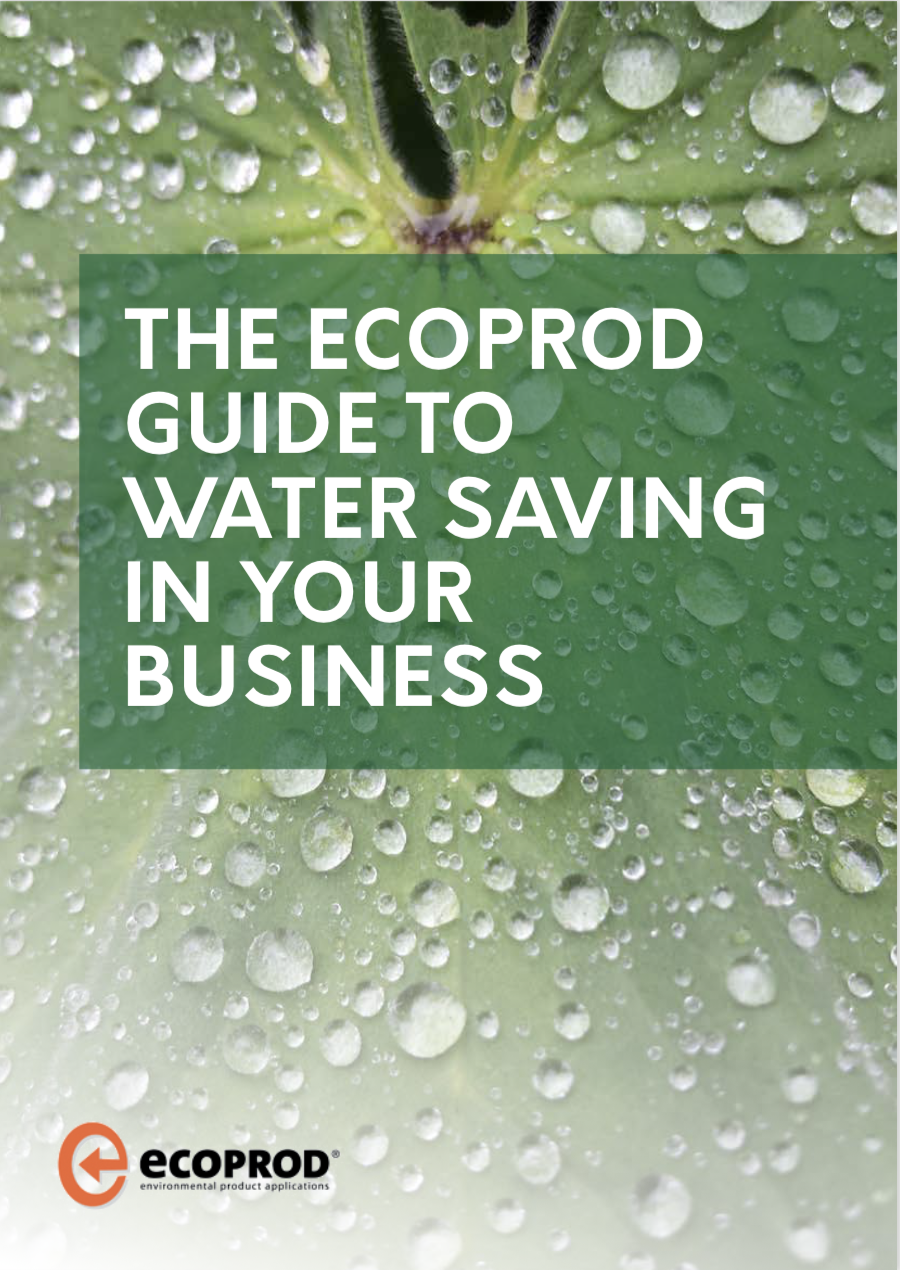
Comments are closed.